Read the Prequel of this article here: The Abhimanyu Who Bested The Chakravyuha
In the last two elections, the Congress won around 50 seats in the Lok Sabha and now has only 100 seats. The Congress's numbers in the last 3 Lok Sabha elections are pathetic compared to the 543 seats. Moreover, even now, the Congress has no Lok Sabha MPs elected from 13 of the 32 states in the country. In such a situation, how will Rahul revive the Congress party? It is an extremely challenging task. Then, the relatively easier path remains to impress upon the people how bad the BJP is! Doing so would certainly benefit the Congress, but if the party organization is not strong, other parties will also share the benefit.
Rahul Gandhi's debut speech as the Leader of the Opposition in the Lok Sabha last week has become the talk of the town, in fact, the entire nation. No leader from the opposition had ever attacked the ruling party and the Prime Minister so harshly and incisively in the Lok Sabha before. It was a remarkably fearless and almost technically sound speech. The effectiveness of the speech is underscored by the fact that the Prime Minister, the Home Minister, the Defense Minister, the Agriculture Minister, and some other ministers felt the need to intervene and clarify points. In his speech, he addressed the BJP's defeat in Ayodhya (Lok Sabha constituency), the burning issues in Manipur, anti-women and anti-farmer policies, the 'Agniveer' scheme in the army, the 'NEET' paper leak chaos, and the communal hatred perpetuated by the BJP-RSS.
The most surprising element was that the entire speech began by showing an image of Lord Shiva (Shankar Mahadev) and revolved around three symbols: the snake, the trident, and the protective hand. The message of fearlessness, non-violence, and protection was conveyed through these symbols. After Shiva, images related to Prophet Muhammad, Guru Nanak, Jesus Christ, Lord Gautam Buddha and Mahavira were also shown, emphasizing the same message in the speech. The speech was an exposition-analysis of how all religions teach love and fearlessness, condemn hatred, and advocate non-violence. One could definitely question whether every religion truly imparts that teaching and critically analyze the shortcomings in all religions. However, it would be quite difficult for any religious person to deny the compassionate aspect of every religion that Rahul highlighted.
Moreover, when Prime Minister Modi tried to intervene with a completely contrary interpretation, suggesting that Rahul was calling the entire Hindu community violent, Rahul delivered a strong rebuttal. His emphatic statement, "Narendra Modi is not the entire Hindu community, BJP is not the entire Hindu community, RSS is not the entire Hindu community," will continue to reverberate in the Lok Sabha for a long time. The echoes of this statement will keep ringing in Prime Minister Modi’s ears. Rahul mockingly made a reference to Prime Minister Modi's absurd statement made during the final phase of the election, where Modi claimed that "God himself commands me and I am not biological." Rahul brilliantly addressed this in his speech. Lastly, he hit a humungous sixer against Lok Sabha Speaker Om Birla. When Birla was elected as Speaker of the Lok Sabha, the Prime Minister and the Leader of the Opposition took him to the Speaker's chair, where Birla shook hands with the Leader of the Opposition while standing upright but bowed down respectfully to greet the Prime Minister. Rahul's skillful remark about this was unmatched. When Birla tried to justify his actions by saying, "Our tradition and culture teach us to bow to the elders," Rahul reminded him of the parliamentary tradition and culture by stating, "In the Lok Sabha, no one is greater or superior to the Speaker," which earned him silent admiration from many, to say the least.
We would like to turn the attention of those who heard and saw this speech toward the first speech Rahul Gandhi made after becoming the Vice President of the Congress party. That 45-minute speech delivered in January 2013 in Jaipur is available on YouTube and in written form on the internet. When Rahul became Vice President, it was evident that he would soon become the President, with the 2014 Lok Sabha elections more than a year away. In that speech, Rahul highlighted the glorious history and contributions of the Congress party, but also clearly stated how much work was yet to be done in the country. He emphasized that the benefits of power should reach the grassroots, and new leaders should be developed within the Congress party. He referred to Rajiv Gandhi's statement as Prime Minister that "if one rupee is sent from Delhi, only fifteen paise reaches the intended recipient at the grassroots," and stressed the need to further develop the 'Panchayat Raj system' introduced by Rajiv Gandhi for decentralization of power. He also stated that there were many worthy leaders in the Congress party who were capable of becoming Prime Minister after independence, many leaders in each state who could become Chief Ministers; now the situation is different, and there should be 30-40 leaders capable of becoming Prime Minister in the country, and seven to eight leaders capable of becoming Chief Ministers in each state. He concluded the speech by stating that power is necessary for the welfare of society, but power is also like poison. That speech was honest, almost naive. It was entirely introspective, which could be seen as highlighting the Congress's plight. At the end of the speech, he mentioned his personal trauma and experiences after the deaths of Indira and Rajiv Gandhi and when he was made Vice President. He concluded by dedicating his entire life to the Congress party and the country.
There is a gap of eleven and a half years between these two speeches. At the time of the first speech, Rahul had eight years of experience as a Member of Parliament and work in the Youth Congress. At the time of the current speech, he has ten years of experience being in the opposition and facing attacks and encroachments from the ruling BJP. The first speech after becoming Vice President expressed great expectations from the Congress party, with only one mild sentence criticizing the opposition parties. The speech after becoming the Leader of the Opposition in the Lok Sabha, however, is entirely a sharp critique of the BJP and the Modi regime. The first speech was delivered in a calm and understanding tone, while the second speech was marked by assertive declarations. The analysis in the first speech was about reconstructing the country, whereas the analysis in the second speech was about saving the country from degradation. One thing is clear: although Rahul has undergone many transformations in these eleven and a half years, his mindset has not changed. In the context of Rahul, these eleven and a half years can be divided into three phases. The one-and-a-half-year period when the Congress was in power, the eight-year period after the Modi regime came to power, and the two-year period after the start of the 'Bharat Jodo Yatra.' During the first one and a half years, he was seen as a "prince imposed by the Nehru-Gandhi family." During that time, he claimed in a crowded press conference that "one ordinance of the Manmohan government is worth tearing apart," causing embarrassment to himself and the Manmohan government. During the subsequent eight years of Narendra Modi's undisputed dominance, the Congress party was seen as weak and helpless, and Rahul's image was that of a "Pappu and prince." During those eight years, Rahul showed brilliance from time to time but lacked consistency. Additionally, the party organization did not support him, and he was often seen as unable to lead the party effectively. However, the two-year period after the 'Bharat Jodo Yatra' began has been Rahul's time. So much so that during these two years, it has become evident that Narendra Modi and Rahul Gandhi are the two central figures in the country's politics. After facing 55 hours of questioning by the Enforcement Directorate and realizing that this investigation would reach his mother, he became determined, and the subsequent two years were marked by fearlessness and consistency. Consequently, Rahul has undoubtedly earned the position of Leader of the Opposition in the Lok Sabha on his own merit.
However, Rahul still faces two challenges. One challenge is how to revive his party and how to confront the BJP, which is the main obstacle to building the India of his dreams. It is difficult to determine which of these challenges is more daunting. The BJP regime is extremely crafty and has gained control over all institutional mechanisms in the country, which is now well-known. Additionally, the way the BJP has trapped and confined leaders of the opposition parties, the front it has opened to eliminate small and large parties, makes it clear that confronting the BJP is the toughest challenge Rahul faces. This challenge is not only at the party level but also at the individual level. To overcome this challenge, the Congress party needs to be prepared, and other opposition parties need to be brought along. However, how to rid the Congress party of its lethargy, entrenched corruption, nepotism, extreme selfishness, and the stagnation resulting from prolonged power? How to turn the satraps or subedars in the party in the desired direction and how to give opportunities to new blood will be questions that will haunt Rahul. The current state of the Congress did not arise suddenly; it has deteriorated gradually over half a century since 1975. Despite the numerous encroachments and miscreations, the Modi-led BJP regime has persisted, and that is more due to lethargy in Congress, than BJP's own merits.
In the last two elections, the Congress won around 50 seats in the Lok Sabha and now has only 100 seats. The Congress's numbers in the last three Lok Sabha elections are pathetic compared to the 543 seats. Moreover, even now, the Congress has no Lok Sabha MPs elected from 13 of the 32 states in the country. In such a situation, how will Rahul revive the Congress party? It is an extremely challenging task. Then, the relatively easier path remains to impress upon the people how bad the BJP is! Doing so would certainly benefit the Congress, but if the party organization is not strong, other parties will also share the benefit. The most important thing is that organizations based on hatred and revenge and maintaining superiority-inferiority can be built quickly and used as desired. On the contrary, it is difficult to build an organization based on the message of harmony, peace, and tolerance. Given this background, how will Rahul move forward, how will he revive the Congress, and how will he confront the BJP?
We asked this same question a year ago, before the second 'Bharat Jodo Yatra,' to a former Rajya Sabha member of the Congress. That Congress loyalist (not Kumar Ketkar) calmly said, "Rahul is not interested in becoming Prime Minister, nor is he interested in acquiring power, and our people just want power by any means." He quietly added, "Rahul's ambition is much greater; he wants to become Gandhi..." This might be entirely true. Observation of Rahul's journey so far and careful analysis of those two speeches, point to the same implicit ambition. Now the million-dollar question is, Rahul is not interested in becoming Prime Minister, but can he become Gandhi? During the pre-independence era, Gandhi's first goal was to oust British rule and the second was to establish self-rule (Swaraj) in the country after gaining independence. He succeeded in achieving the first goal, but it was not possible for him to achieve the second during his lifetime. Similarly, Rahul's first objective should be to remove the Modi regime and the second should be to continue working towards building the India he envisions. The first goal cannot be achieved solely through personal charisma and extreme sacrifice; the Congress organization must be strengthened. Rahul may have realized this from the results of the Lok Sabha elections. Thus, if the goal of becoming Gandhi is not attainable, he should be mentally prepared to take the Prime Ministerial position, a realization likely imparted to him by Modi-Shah, and the BJP-RSS...!
Editor
weeklysadhana@gmail.com
Originally published in Marathi as an editorial of Weekly Sadhana : July 13, 2024
Translated by Rucha Mulay
Tags: elections vinod shirsath editorial Sadhana Saptahik Load More Tags

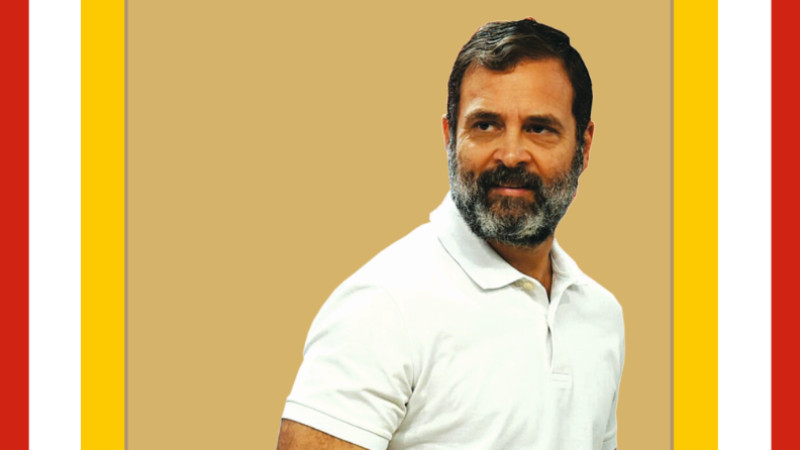

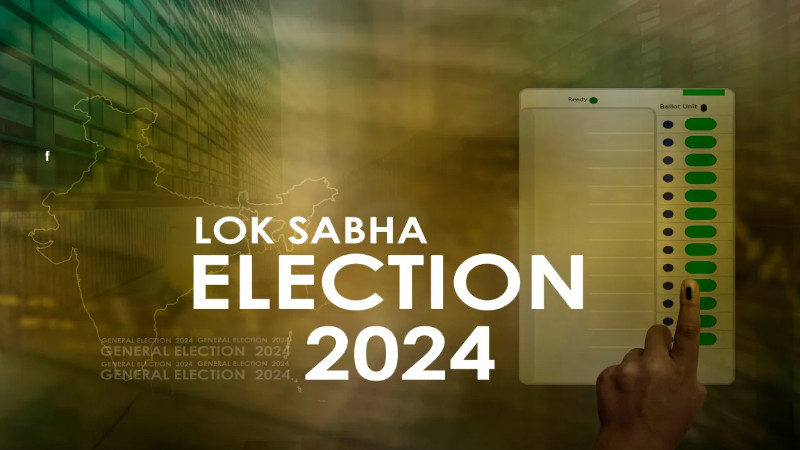
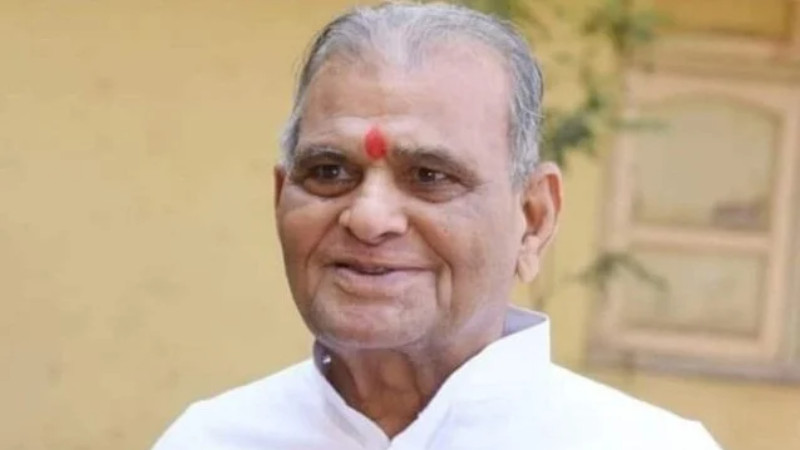
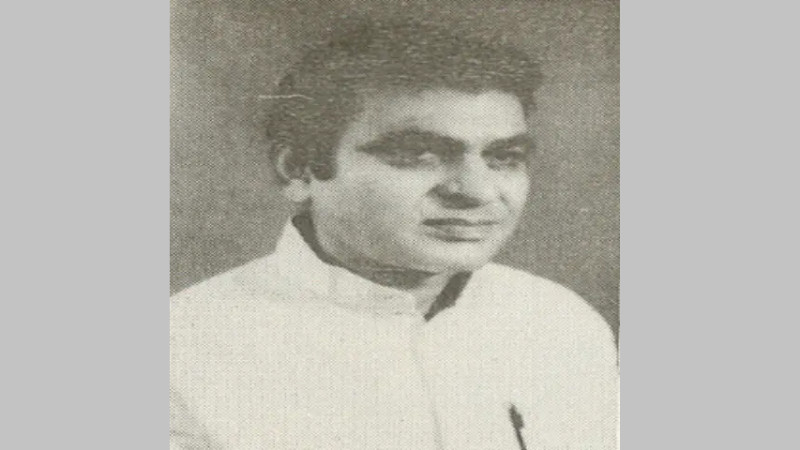
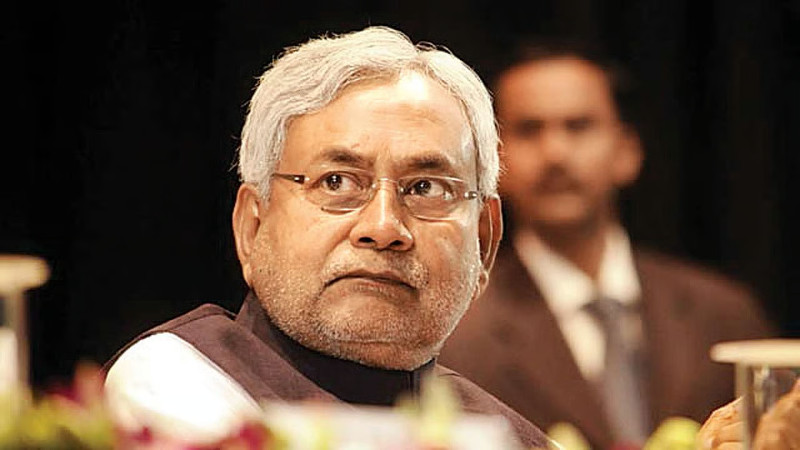


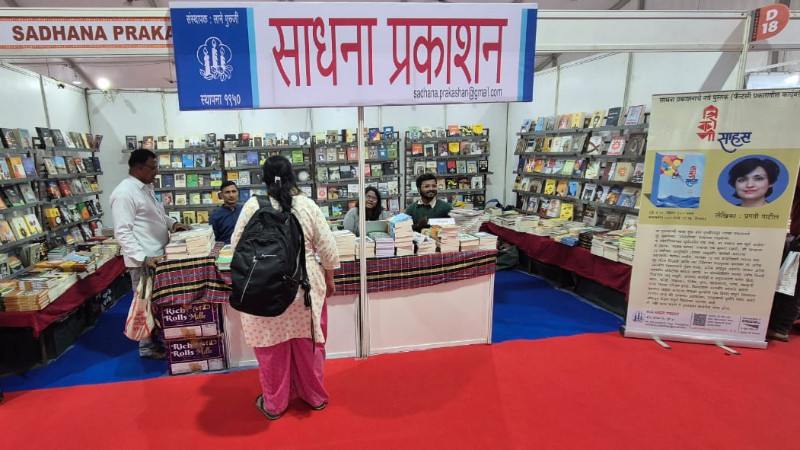
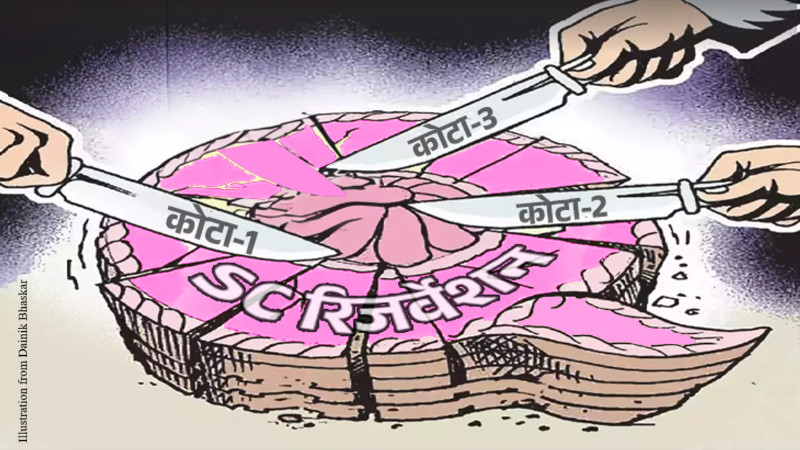
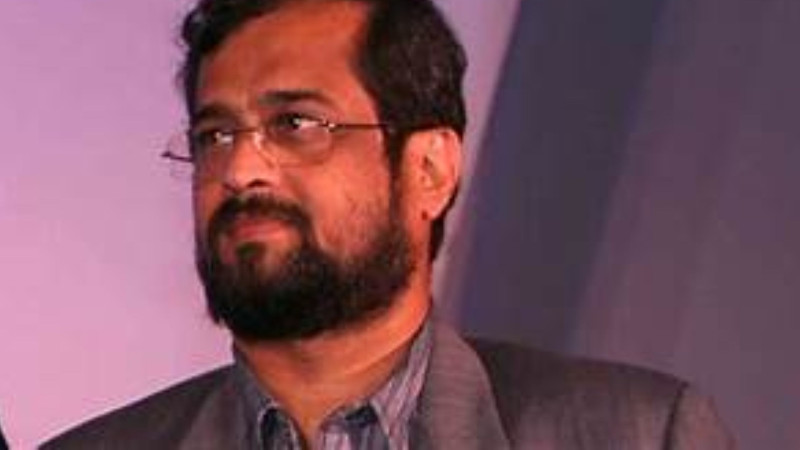
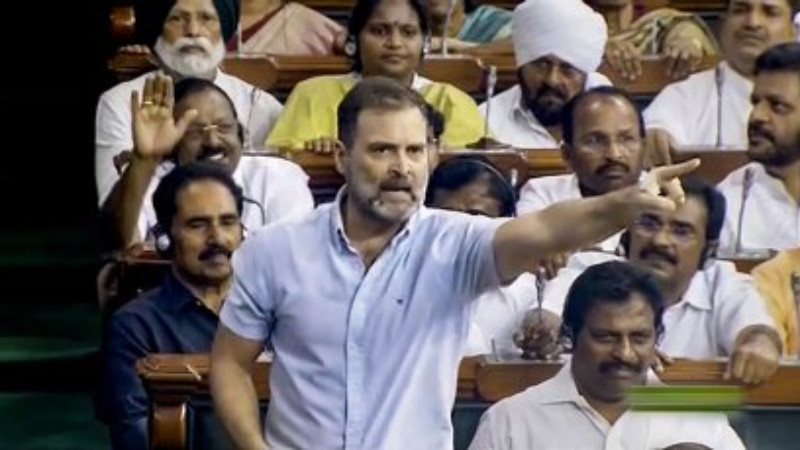

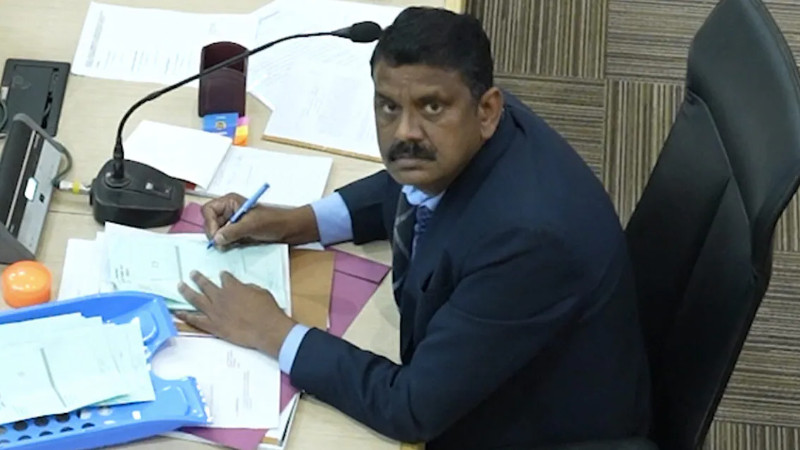
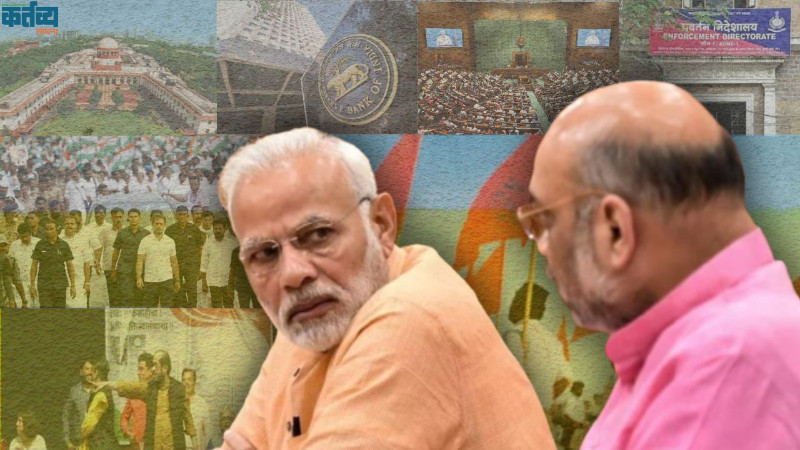
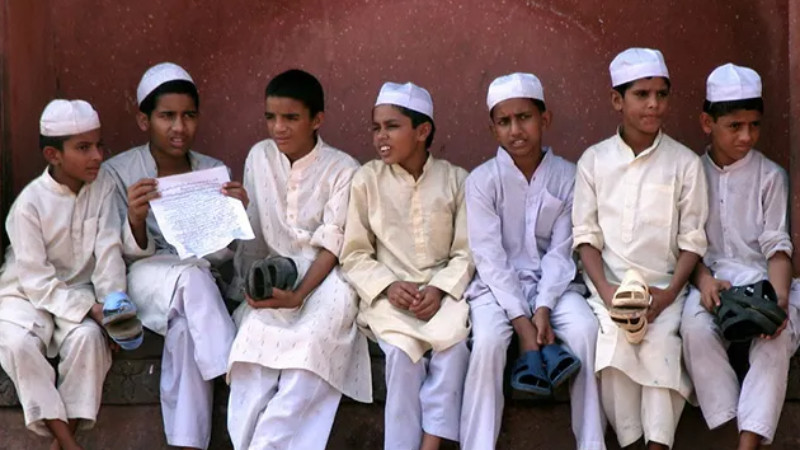
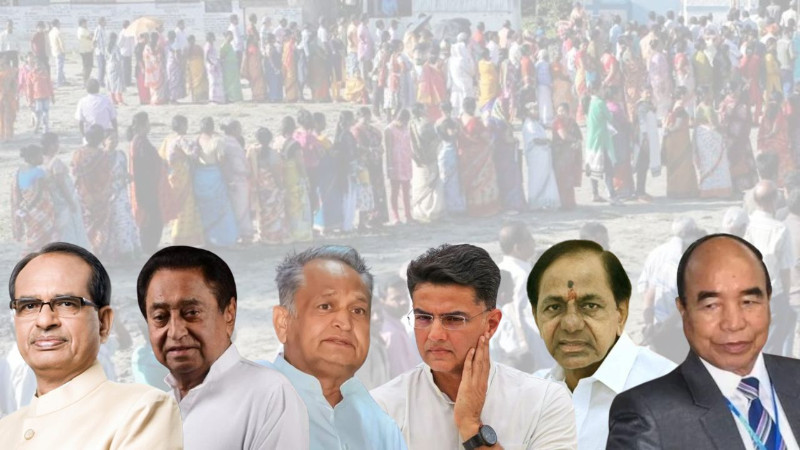
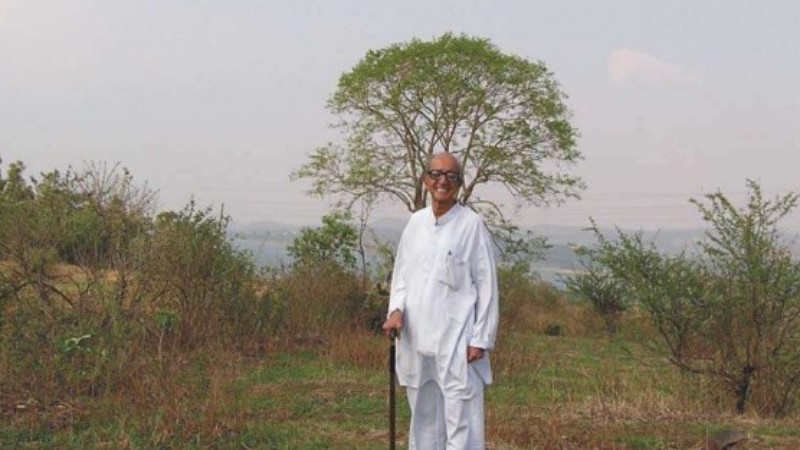
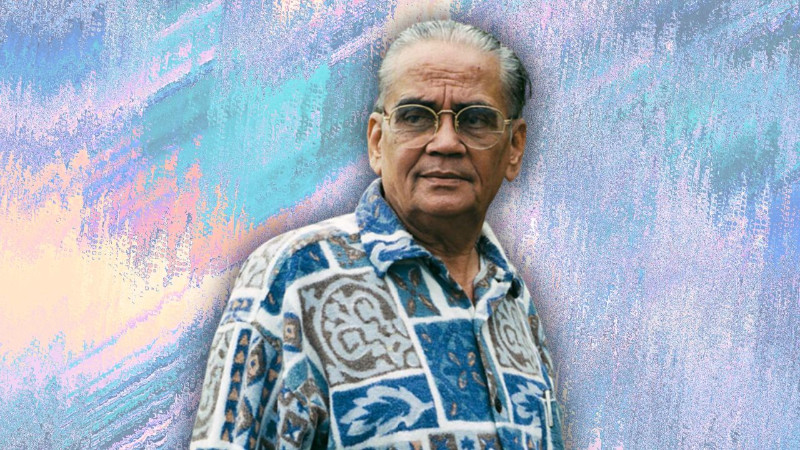
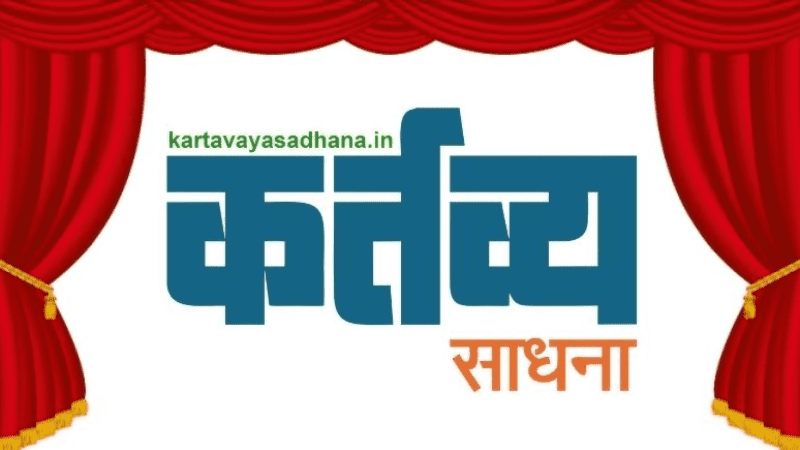
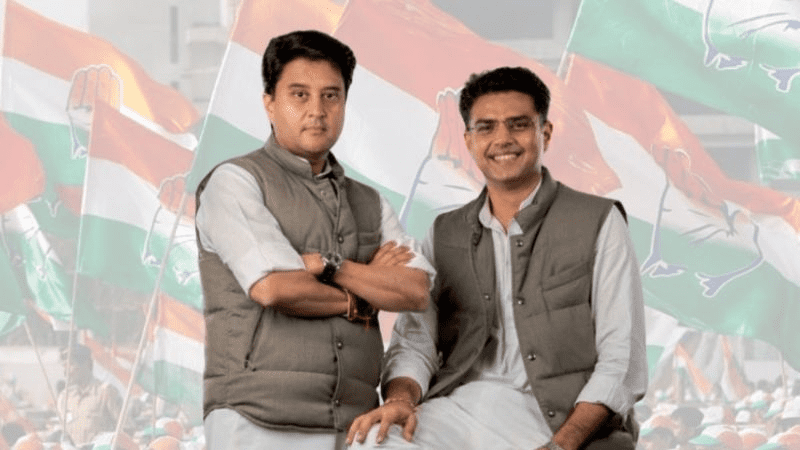
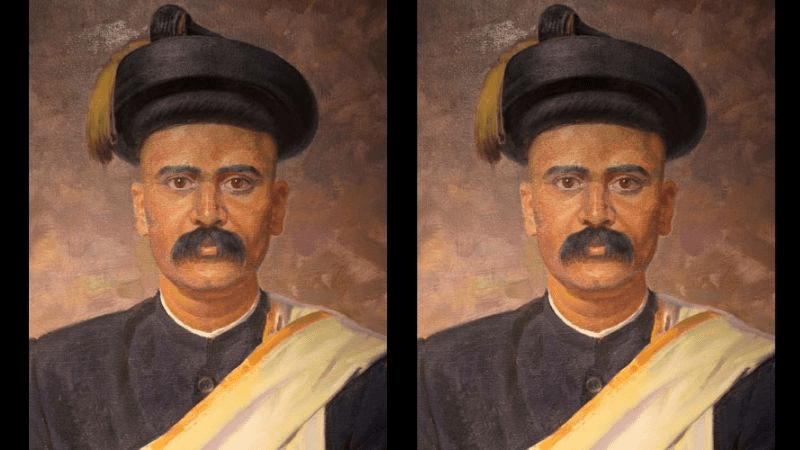

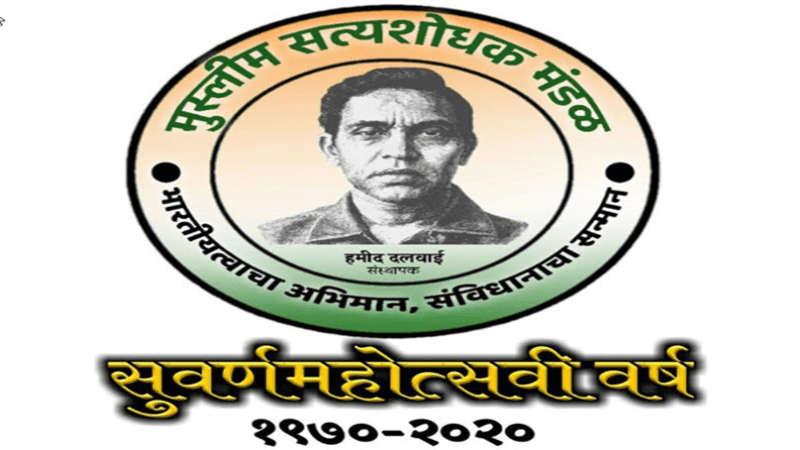

























Add Comment